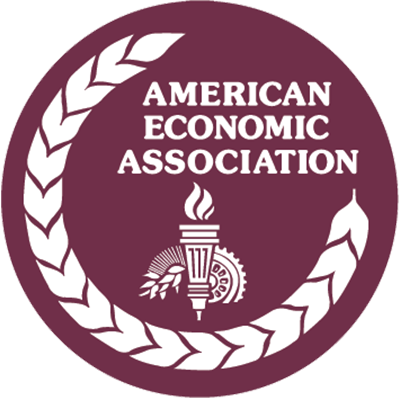Survey Finds That Women Economists Face Widespread Discrimination and Harassment
Posted on Mar 20, 2019 | Comments 0
 In November 2018, the American Economic Association sent out a climate survey to all individuals who had been members of the association at any time over the past nine years. More than 45,000 email surveys were sent out and the association received about a 29 percent response rate.
In November 2018, the American Economic Association sent out a climate survey to all individuals who had been members of the association at any time over the past nine years. More than 45,000 email surveys were sent out and the association received about a 29 percent response rate.
The results of the survey showed that only 20 percent of women respondents stated that they were satisfied with the overall climate within the field of economics. Two thirds of women economists stated that had felt excluded at a meeting or an event in the field and a similar percentage reported that their research or work was not taken as seriously as other economists. Some 42 percent of women economists reported that they had experienced some form of sexual harassment. And 6 percent of women economists reported unwanted sexual advances by another economist.
Only 16 percent of women agreed with the statement that “women are respected within the field.” More than half of male respondents said that women were respected in the field.
About one fifth of all women economists reported that they had experienced discrimination and/or unfair treatment as a student. This was about triple the rate for male economists when they were students. More than a third of women economists said they received unfair treatment as a student when they were looking for a job. Only 14 percent of male economists reported discrimination in the job market.
For women employed in the academic world, more than a quarter said they had faced discrimination in promotions and teaching assignments. More than a third reported discrimination in compensation. Nearly half of all women economists felt they had received unfair treatment in course evaluations compared to only 8 percent of male economists.
In a letter accompanying the findings, the leaders of the American Economics Associated stated that “excluding or marginalizing people based on their gender, race, or other personal characteristics is not only deeply unfair to those who are excluded, it damages the field as a whole by limiting the diversity of perspectives and dissuading talented people from becoming economists. It is striking that, in an era when women and members of under-represented minority groups have entered so-called STEM fields at increasing rates, the low rates of participation and advancement of women and minorities in economics have changed little in recent decades.”
Filed Under: Gender Gap • Research/Study • Sexual Assault/Harassment








